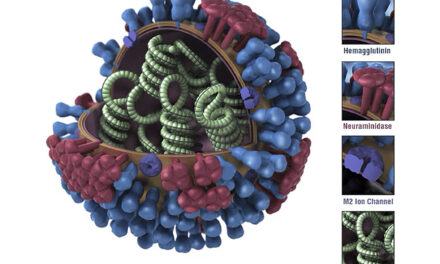In a bold move earlier this month, U.S. Surgeon General Dr. Vivek Murthy called for warning labels on alcoholic beverages to inform consumers about their cancer risks. Alcohol is already recognized as the third leading preventable cause of cancer in the United States, following tobacco and obesity. Yet public awareness remains limited, especially regarding wine — long perceived as the “healthier” alcoholic choice.
Alcohol and Cancer: The Evidence is Clear
The link between alcohol and cancer is well-established. Organizations like the International Agency for Research on Cancer (IARC) and the American Cancer Society agree that alcohol is a Group 1 carcinogen, causing at least seven types of cancer. These include cancers of the oral cavity, throat, esophagus, liver, breast, and colon/rectum. While heavy drinking poses the greatest risk, even moderate drinking has been associated with an increased likelihood of developing some cancers, such as breast cancer.
What About Red Wine?
For years, red wine seemed to defy the narrative. Rich in antioxidants like resveratrol, it was heralded for potential health benefits, from reducing heart disease to protecting against aging. But recent research has raised doubts about these claims. A 2023 meta-analysis found that many earlier studies on moderate alcohol consumption and health benefits were biased. Furthermore, newer studies have linked even moderate alcohol consumption — including red wine — to cardiovascular risks.
Yet, when it comes to cancer, red wine’s role remains complicated. Some studies suggest it may carry slightly lower risks compared to beer or spirits, but the differences are subtle and often clouded by confounding factors, such as the healthier lifestyles of wine drinkers.
Does the Type of Alcohol Matter?
According to experts, the answer lies in ethanol, the main ingredient in all alcoholic beverages. Ethanol is metabolized into acetaldehyde, a DNA-damaging compound. “It likely doesn’t matter how you choose to get your ethanol,” said Dr. Noelle LoConte of the University of Wisconsin School of Medicine. Volume, not type, is the critical factor.
However, some studies hint at nuances. Research in JAMA Network Open suggested wine drinkers who consume alcohol predominantly with meals may face a slightly reduced risk of cancer mortality compared to other drinkers. Such findings align with studies highlighting compounds in wine, such as resveratrol and tannins, that may counteract ethanol’s harmful effects.
The Debate Over Moderate Drinking
While high-risk drinking — defined as heavy or binge drinking — clearly amplifies cancer risks, moderate drinking presents a more nuanced picture. For breast cancer, even light alcohol consumption has been shown to increase risk. Yet experts like Dr. Timothy Rebbeck from Harvard acknowledge the data on light to moderate drinking and cancer risks are “limited and messy.”
“Cancer risk probably increases for some people, but we don’t know who those people are,” Rebbeck said.
A Lack of Public Awareness
Despite mounting evidence, public understanding of alcohol’s cancer risks remains low. A 2023 study found only 20% of U.S. adults recognized wine as a cancer risk, while 31% believed this about liquor. Alarmingly, 10% still think wine helps prevent cancer.
Dr. LoConte emphasized the need for better communication. “Physicians almost never talk about this,” she said, citing time constraints and the complexity of the issue. Yet normalizing these conversations could help patients make informed choices.
The Bottom Line
From a cancer prevention standpoint, experts like LoConte advocate limiting alcohol consumption, though they stop short of calling for total abstinence. “We don’t want to come out with recommendations saying no one should drink,” she said. “People don’t make choices based solely on cancer risk.”
The ultimate decision, as Rebbeck noted, will vary by individual. For some, the occasional glass of wine may be worth the potential risks; for others, especially those with family histories of cancer, it might not. What’s clear is that the conversation around alcohol and cancer is overdue — and far from over.











